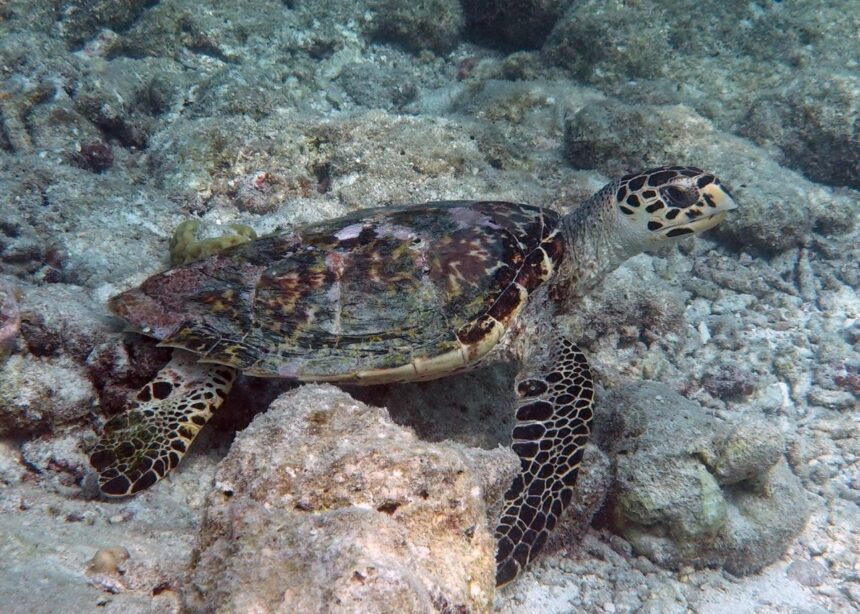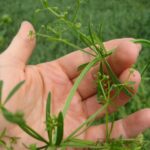To commemorate World Turtle Day 2024, Cinnamon Dhonveli Maldives has adopted some of the island resort’s finned residents. The resort identified and helped save two green sea turtles and a hawksbill turtle named Lehendi, Raivilla and Ralph.
Cinnamon Hotels & Resorts, MaldivesThrough an ocean temperature data logger and Geographic Information System (GIS) mapping project, a detailed biodiversity inventory was created for each island resort, including details of the local fish species, coral reefs, mangroves, land plants and other ecosystems. The study placed special emphasis on species that are globally threatened with extinction.
Sea turtles, also known as “keystone species,” play a critical role in maintaining the health of our oceans as prey, consumers, competitors, and hosts. However, sea turtles face many threats to their survival. If sea turtles go extinct, the entirety of Earth’s largest marine ecosystem will be weakened. There are seven types of sea turtles in the world: green sea turtles, flatback sea turtles, hawksbill sea turtles, leatherback sea turtles, leatherback sea turtles, loggerhead sea turtles, and Kemp’s sea turtles. However, six out of seven sea turtle species are at risk of extinction, according to the International Union for Conservation of Nature (IUCN).
All six species are found in the Indian Ocean, so hoteliers have a significant responsibility to protect these endangered species.By adopting or donating, resorts can support the Olive Ridley Project, which helps rescue and treat injured turtles, as well as further research programs to better understand sea turtles and their habitats, providing the basis for conservation measures.
Cinnamon Dhonveli Maldives prioritizes sustainability and is actively involved in coral breeding programs that support marine conservation efforts. They are funding a two-and-a-half year research program to study the marine environment, examining factors such as energy levels, ocean currents, temperature and salinity in the water. The Coral Propagation Project was initiated with the aim of transplanting corals to protect marine biodiversity and raise awareness of the importance of coral conservation.







